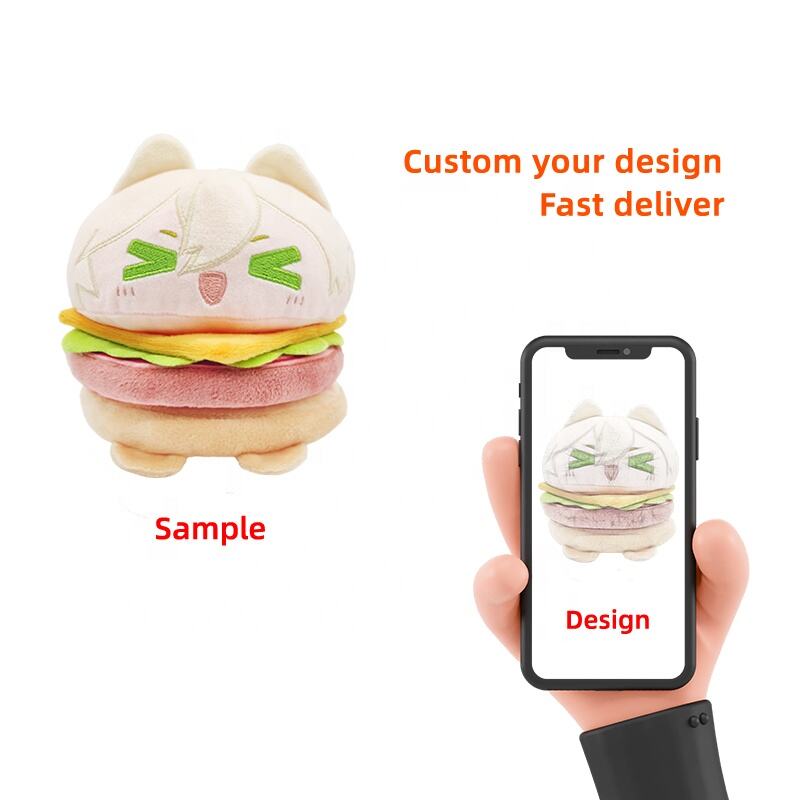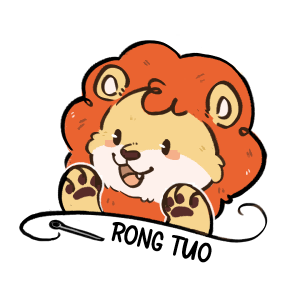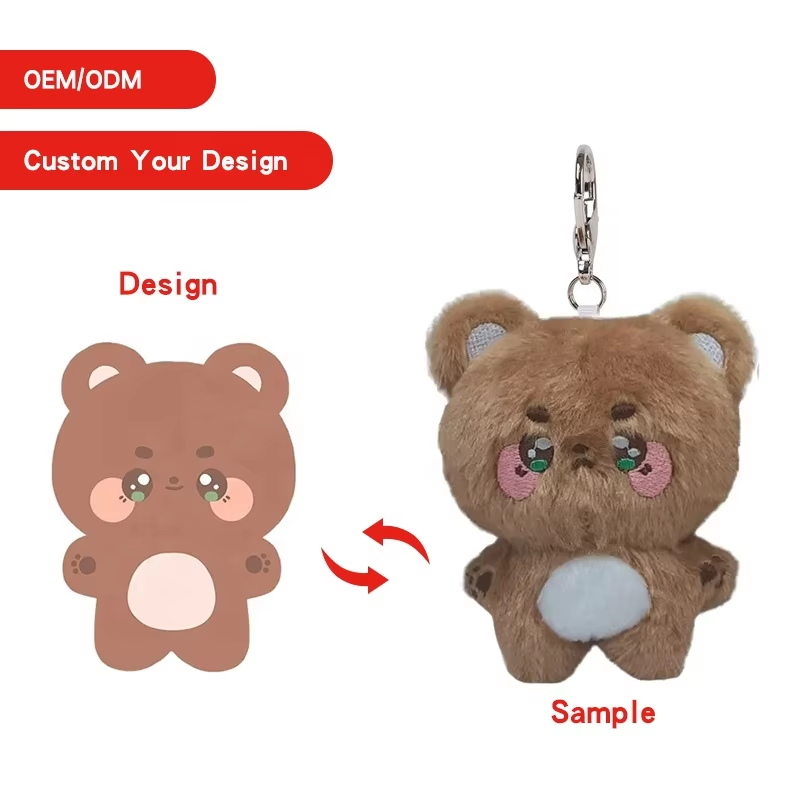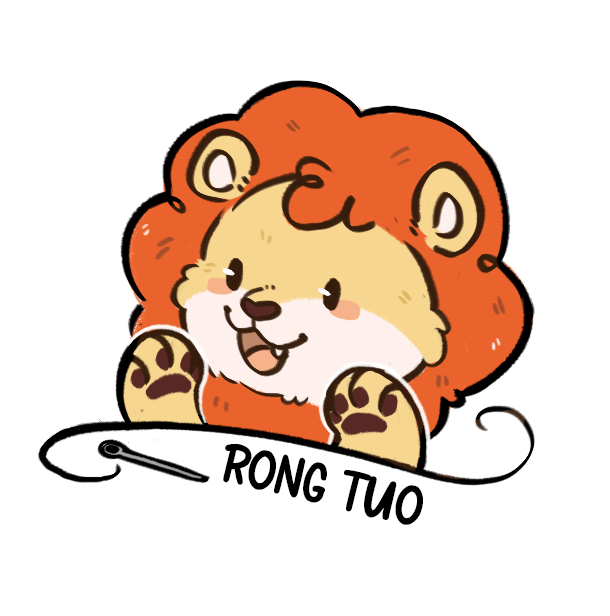Understanding the Investment Behind Personalized Plush Creations
The world of custom plush animals represents a unique intersection of artistry, manufacturing expertise, and personal expression. Whether you're a business owner looking to create branded merchandise, an artist wanting to bring your characters to life, or simply someone seeking a one-of-a-kind gift, understanding the costs involved in creating custom plush animals is essential. This comprehensive guide will explore every aspect that influences pricing, helping you make informed decisions about your plush project.
The custom plush animal industry has evolved significantly over the past decade, with technological advances and changing consumer preferences shaping both production methods and pricing structures. Today's market offers unprecedented opportunities for customization, but with this flexibility comes varying cost implications that every potential buyer should understand.
Core Components of Custom Plush Pricing
Material Quality and Selection
The choice of materials plays a fundamental role in determining the cost of a custom plush animal. Premium materials like high-grade polyester plush, organic cotton, or specialized fur fabrics naturally command higher prices but offer superior quality and longevity. For instance, a basic polyester plush might cost $3-5 per yard, while premium materials can range from $15-30 per yard.
Safety certifications and testing requirements, particularly for children's toys, can also impact material costs. These certifications ensure that your custom plush animal meets all necessary safety standards, though they may add 10-20% to the base material costs.
Design Complexity and Features
The intricacy of your custom plush animal design directly affects the final price. Simple designs with basic shapes and minimal details typically cost less than complex characters with multiple colors, embroidered features, or articulated limbs. Each additional design element, such as custom eyes, specialized stitching, or internal armatures, incrementally increases both material costs and labor time.
Special features like sound modules, LED lights, or scent incorporation can significantly impact the final price. These additions might increase the base cost by 30-50% but can create a more engaging and unique product.

Production Scale and Minimum Order Requirements
Volume-Based Pricing Structure
The number of custom plush animals ordered has perhaps the most significant impact on per-unit pricing. Manufacturers typically offer substantial discounts for larger orders, as they can optimize production processes and distribute fixed costs across more units. For example, a single custom plush animal might cost $200-300, while ordering 1000 pieces could reduce the per-unit cost to $15-25.
Most manufacturers set minimum order quantities (MOQs) to ensure production efficiency. Common MOQs range from 100 to 500 units, though some specialized manufacturers might accept smaller orders at premium prices.
Manufacturing Location Considerations
The choice of manufacturing location significantly influences custom plush animal costs. Domestic production typically offers faster turnaround times and easier communication but comes with higher labor costs. Overseas manufacturing, particularly in Asian countries, often provides more competitive pricing but requires longer lead times and careful quality control measures.
When selecting a manufacturing location, consider factors beyond just the base price. Shipping costs, import duties, and potential communication challenges can affect the total project cost and timeline.
Additional Cost Factors to Consider
Design and Development Process
The initial design phase of creating a custom plush animal involves several potential costs. Professional design services, pattern making, and prototype development typically range from $500-2000, depending on complexity. Multiple revision rounds or significant design changes can increase these costs.
Sample production, an essential step in ensuring your custom plush animal meets expectations, usually costs more than production units. Expect to pay $200-500 for initial samples, though this investment helps prevent costly mistakes in full production.
Packaging and Shipping Considerations
Packaging design and materials represent another significant cost component. Custom boxes, hang tags, and promotional materials can add $1-5 per unit. Bulk shipping costs vary widely based on volume, destination, and shipping method, potentially adding $2-10 per unit for international transport.
Storage costs might also factor in if you're ordering large quantities of custom plush animals. Consider warehousing fees and inventory management expenses when calculating total project costs.
Maximizing Value in Custom Plush Production
Quality Control Investments
Implementing proper quality control measures might increase upfront costs but can save money in the long run by preventing defective products and customer returns. Third-party inspection services typically charge $300-500 per inspection but provide valuable quality assurance.
Regular communication with manufacturers and clear quality standards help maintain consistent product quality. Consider building these oversight costs into your budget to ensure your custom plush animal meets all specifications.
Timeline and Rush Order Considerations
Standard production timelines for custom plush animals typically range from 30-90 days, depending on complexity and quantity. Rush orders can incur premium charges of 20-50% but might be necessary for time-sensitive projects.
Planning ahead and allowing adequate time for production can help optimize costs and ensure better quality control throughout the manufacturing process.
Frequently Asked Questions
What is the typical cost range for a custom plush animal?
The cost can vary significantly based on quantity, complexity, and materials. Single custom pieces might cost $200-300, while bulk orders of 1000+ units could cost $15-25 per piece. These prices typically include basic materials and standard features.
How long does it take to produce custom plush animals?
Standard production time typically ranges from 30-90 days, including design approval, sample production, and bulk manufacturing. Rush orders are possible but usually incur additional charges and might compromise quality control processes.
What affects the minimum order quantity for custom plush animals?
Minimum order quantities are influenced by manufacturing efficiency, setup costs, and factory capabilities. Most manufacturers require 100-500 units minimum, though some specialized producers might accept smaller orders at premium prices.
Are there ongoing costs associated with custom plush animal production?
Yes, ongoing costs may include storage, reordering setup fees, quality control inspections, and shipping expenses. Additionally, design modifications or material updates might require new sample production and testing costs.


